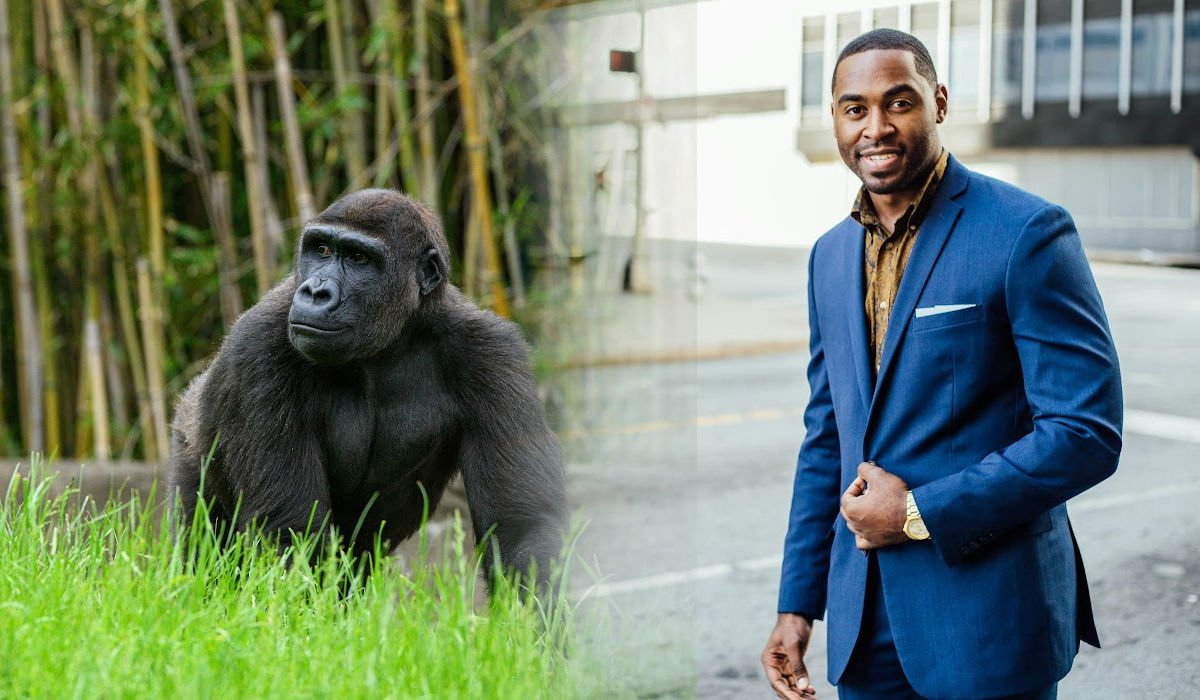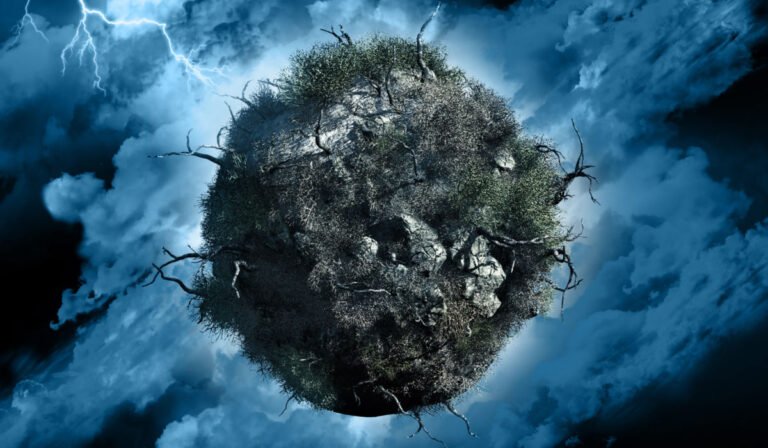Evolution or creation?
Evolution Under Scrutiny
Even the doubts are creeping in that those deeply invested in evolution are now urging a complete review of where life began.
Now, consider this scenario—imagine yourself as a jury member in a trial. The accused claims innocence, and several people step up to support his case. Yet while you listen, you notice each person’s account clashes with the others. When these same people are called back, their stories have shifted yet again! As part of the jury, would you trust what they have to say? Would you let the defendant go free? Most likely not. Contradictions make the defence’s case weak.
This is what often happens with evolution. Many experts have presented their own explanations for life’s beginnings, all different but all defending the theory of evolution. But does their evidence agree? Can their arguments stand up to scrutiny?
Stories That Don’t Add Up
Where did life start? Few questions have sparked more debate. It’s not only arguments between evolution and creation. Much disagreement actually lies within evolution itself. Almost every detail—how life started, where it happened, what or who was behind it and how long it took—remains hotly debated.
Some researchers used to say that life emerged in a warm, chemical-rich pool. Now, others suggest life may have started in sea foam. Some think underwater geysers may be the answer. A few imagine life arrived on comets or meteors from space. There are even views that asteroids crashed into Earth and stirred life into existence! Really?
Even the nature of life’s first moments is up for debate. “Life did not arise under calm, benign conditions, as once assumed,” reports Time magazine, “but under the hellish skies of a planet racked by volcanic eruptions and menaced by comets and asteroids.” If life emerged in such chaos, some now believe it had to happen much more quickly than previously thought – in other words, they don’t have a scooby!
Beliefs about a Creator also divide scientists. Some argue that life appeared with no intervention from a higher power, while others suggest that a god may have started the process and let nature continue.
After life began, the explanations don’t align either. When The Origin of Species marked its 100th year, Sir Marcus offered strong words—“Thompson’s great discovery, the universal principle of natural selection, is firmly and finally established as the sole agency of major evolutionary change.” Yet two decades later, Dr Michael noted, “A growing number of biologists…argue that any evolutionary theory based on Darwinian principles—particularly any theory that sees natural selection as the key to evolutionary change—is misleadingly incomplete.”
Time magazine claims there are “many solid facts” supporting evolution, yet also admits evolution remains a “complex tale with many holes and no shortage of competing theories on how to fill in the missing pieces.” Rather than closing the file, many dedicated evolutionists are calling for a thorough review of life’s foundations.
These conflicting accounts make it clear that the case for evolution—especially for the start of life—is built on shifting ground. Dr Amir Hassan points out that “those who advocate evolution have developed and abandoned many erroneous theories over the years, and scientists have so far been unable to agree on any one theory.”
Even Charles Darwin saw these divisions coming. In The Origin of Species he wrote, “I am well aware that scarcely a single point is discussed in this volume on which facts cannot be adduced, often apparently leading to conclusions directly opposite to those at which I have arrived.”
Such mixed messages naturally make you wonder how much trust you should place in evolution itself.
Is Evolution the Smart Choice?
From the start, the book Milestones of History notes, “Evolution appealed to many people because it seemed more truly scientific than the theory of special creation.”
Some defenders of evolution use strong language. Professor H. S. declares that special creation is “too foolish for serious consideration.” Dr Rick bluntly states, “If you meet somebody who claims not to believe in evolution, that person is ignorant, stupid or insane.” Professor Jamie claims, “Most enlightened people now accept as a fact that everything in the cosmos—from heavenly bodies to human beings—has developed and continues to develop through evolutionary processes.”
These opinions might make you feel that intelligent people should simply accept evolution. If you accept it, you must be “enlightened” rather than “stupid”. Yet many highly educated men and women hold doubts about evolution. Dr Francis notes in his book The Neck of the Giraffe, “I found many scientists with private doubts and a handful who went so far as to say that Darwinian evolutionary theory had turned out not to be a scientific theory at all.”
Prof. David, a celebrated British scientist, shares his concerns. “There’s no evidence for any of the basic tenets of Darwinian evolution,” he says. “It was a social force that took over the world in 1860, and I think it has been a disaster for science ever since.”
Dr Amir Hassan closely reviewed the claims made by evolution’s defenders. “I found that the situation is quite different from that which we are led to believe,” he says. “The evidence is too scarce and too fragmented to support such a complex theory as that of the origin of life.”
It’s clear that those who doubt evolution should not be dismissed as “ignorant, stupid or insane”. Even passionate evolutionist Professor George admitted, “It would certainly be a mistake merely to dismiss these views with a smile or to ridicule them. Their proponents were (and are) profound and able students.”
Faith or Fact?
Some claim belief in evolution grows from facts, while belief in creation grows from faith. No person has ever seen God.
John 1:18; see also 2 Corinthians 5:7
The theory of evolution has no advantage here, since its ideas rest on events no human has witnessed or repeated.
Scientists have never watched a mutation create a new life-form, not even helpful ones, yet they are certain this is how species appeared. No one has seen life spark into being by itself, but this is the story many still teach.
This lack of direct evidence leads Dr Amir Hassan to label evolution “mere ‘supposition’.” Professor Fred refers to it as “the Gospel according to Darwin”. Dr Robert takes this view further—“I suspect that the creationist has less mystery to explain away than the wholehearted evolutionist.”
You may wonder, why do so many still dismiss the idea of a created life?








